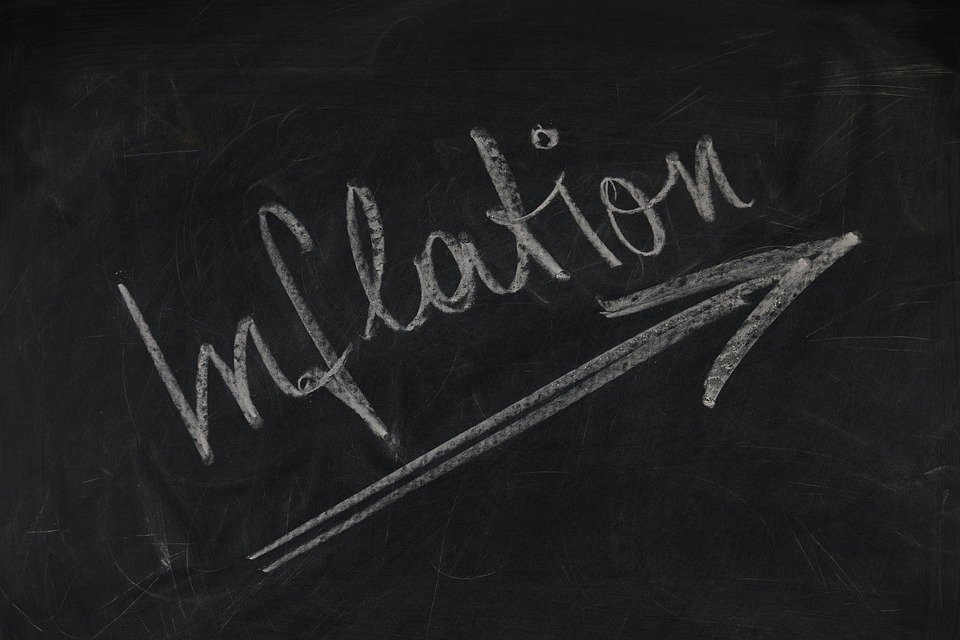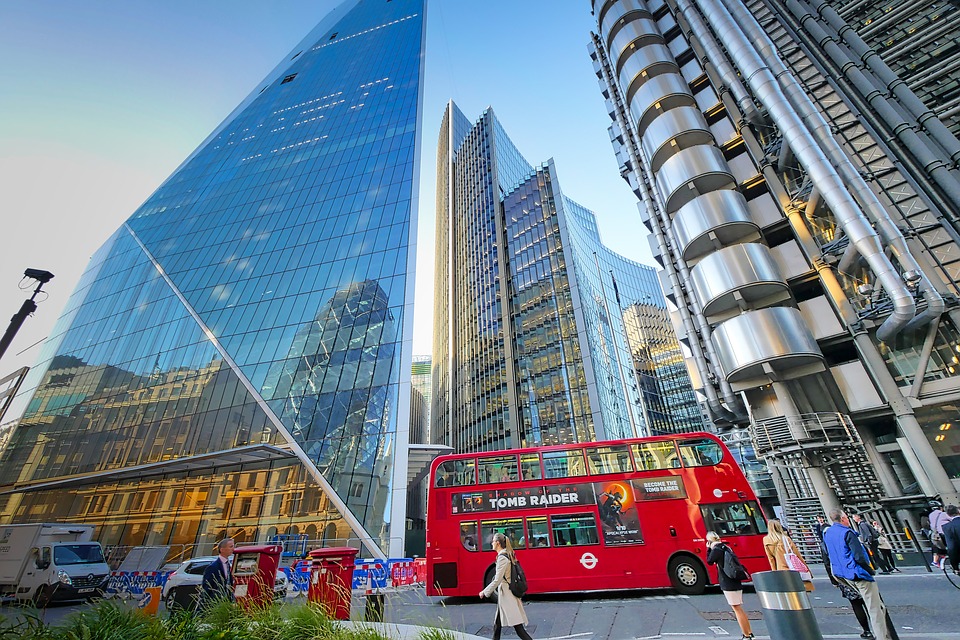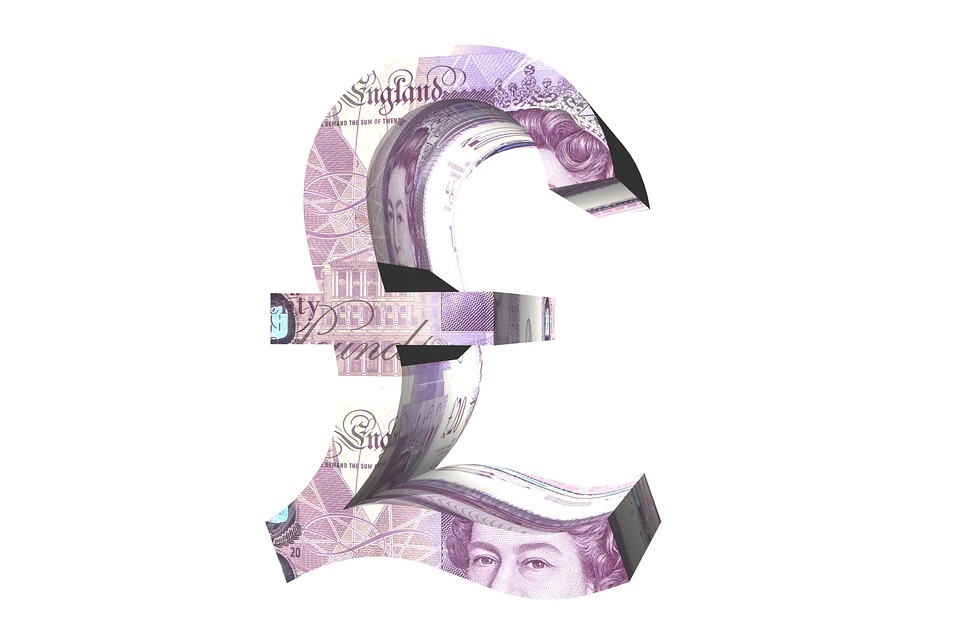As various parts of the world embrace, to varying extents, new pandemic restrictions, investors must also question a range of assumptions around the economic outlook.
In the weeks prior to the announcement that a new, potentially more virulent strain of Covid-19 had emerged, the market was fixated on the question of inflation and of when and to what extent monetary policy would be tightened around the globe to combat this.
Prior to the pandemic, the advent of restrictions on people’s ability to consume, work and travel would have been viewed by the majority of market participants as distinctly deflationary events, with the level of demand in the economy falling.
The shock for policymakers in 2020 was that demand held up better than could have been expected, with consumers embracing online shopping and workers proving productive at home.
To find out more about how we can assist you with your Second Charge Mortgage please click here
Demand holding up better than expected was met by supply problems, as companies, anticipating a much worse outlook for demand than happened, had cancelled production or manufacturing orders, contributing to subsequent supply shortages, which created supply side inflation.
With economies far more used to remote working, there is arguably greater certainty around the levels of demand amid Omicron, but across the range of possible scenarios, there is also a greater level of certainty that inflation will persist, says George Lagarias, chief economist at Mazars.
He says: “There is a six in 10 chance that Omicron is a negative for both growth and inflation. On the inflation side, it’s important to realise that 6/7ths of the world’s population is not vaccinated. And those people are mostly in the areas where the global supply chains are, so the likelihood is that, whatever happens to demand, supply chains will be impacted, and they were pretty beaten up already, and that will mean supply side inflation.”
Inflation nation
David Miller, executive director at Quilter Cheviot, is more sceptical that the new variant will create a further bout of supply side inflation.
He says: “I was amused to read a well thought out report linking the emergence of the Omicron variant to higher inflation. The argument went as follows: as restrictions are reimposed we will spend less on services, for example going to restaurants, and go back to buying goods for use at home, thus exacerbating supply chain shortages. All entirely possible, but too clever by half I suspect.”
Lothar Mentel, chief investment officer at Tatton Asset Management, takes the slightly different view that supply chains issues had begun to improve in recent months, and this could lead to the type of inflation we have experienced of late changing, albeit with inflation remaining high.
Discover our Second Charge Mortgage Broker services.
He says: “Despite expressing concerns about the inflation outlook, [we] are of the opinion that supply chain issues may be fading. Since October, ocean container shipping costs from Shanghai to Europe are down by more than 6 per cent, and from Shanghai to US ports by more than 20 per cent, [according to the World Container Index].
“The recent rise in the Baltic Dry freight shipping index is probably driven by an upswing in demand from China – containers are once again returning to China filled with goods, having often gone back empty in recent months.”
He adds: “As a result, we do not expect any inflation follow-through from these rising shipping volumes – perhaps the opposite. Rising worker power as a consequence of labour shortages would be one reason to expect inflation to become sustained rather than remain a temporary phenomenon tied to supply bottlenecks.
“However, rising wages create a different outcome to supply chain issues. Ultimately, relatively low-paid workers spend a lot more of their earnings than the highly paid and the owners of capital. While there is good reason to expect a wage-price spiral of sorts, ultimately pricing power must mean that the workers benefit, and that real wages rise. That will get spent – especially given household balance sheets have improved during the past two years – so rising real wages translate into rising real economic activity.”
Rates uprising?
While such an outcome would likely be positive for economic growth, Mentel says it may be tougher for investors, as company profit margins may be lower.
A scenario where we switch from having predominantly supply side inflation to mostly demand side would help central banks as they try to decipher the puzzle of whether to tighten monetary policy in the gale of a pandemic.
In March 2020, as the world reeled from the scale and severity of the pandemic, the Bank of England cut interest rates in order to preserve demand in the economy, but with demand having held up well, and inflation greatly exceeding the bank’s 2 per cent target, there is the possibility that rates should rise, and quantitative easing be scaled back.
The idea that the level of inflation is predominantly linked to the level of money supply in the economy, rather than to variations in the level of supply and demand for goods and services in the economy, is central to the economic theory known as monetarism.
The challenge, says Lagarias, is that it is hard to see how higher interest rates help address supply side inflation, as they increase the cost of expanding production if one has to borrow the money to do so. The argument the other way is that the present interest rate level in the UK was designed for emergency conditions, and the emergency has passed, so rates should rise.
Lagarias says rates will rise because central banks “don’t want to admit” that they cannot control supply side inflation as it would damage their reputations. He adds governments are also likely to want rates to rise as a way to address inflation, as that is a matter of public concern right now.
Matteo Germano, head of multi-asset at Amundi, has made up his mind about the consequences of such an action. He says he is negative on the outlook for UK equities right now as a result of the present monetary and fiscal policies being pursued in the country.
Lagarias says at present equity markets appear not be factoring in significantly higher rates.
European dreams
The European Central Bank has been more cautious in its language around putting rates up. This may to some extent be that the institution is reflecting on past errors, as it lifted rates prematurely in 2011,seeding a crisis in the economic bloc, a fresh recession, and concerns that the impact could spillover into a “double dip” recession in the UK.
Miller says the ECB, by simply ignoring the present 5 per cent inflation rate in the bloc are “playing with matches whether they realise it or not”, as wage rises remain below the level of inflation, so citizens are getting poorer.
In terms of what all of this means for markets, Rupert Thompson, chief investment officer at Kingswood, says volatility is likely to remain very high in markets, with bond yields likely to rise next year, putting pressure on all other asset classes, even if, in the short-term, the new variant delays rate rises.
By David Thorpe
Source: FT Adviser





